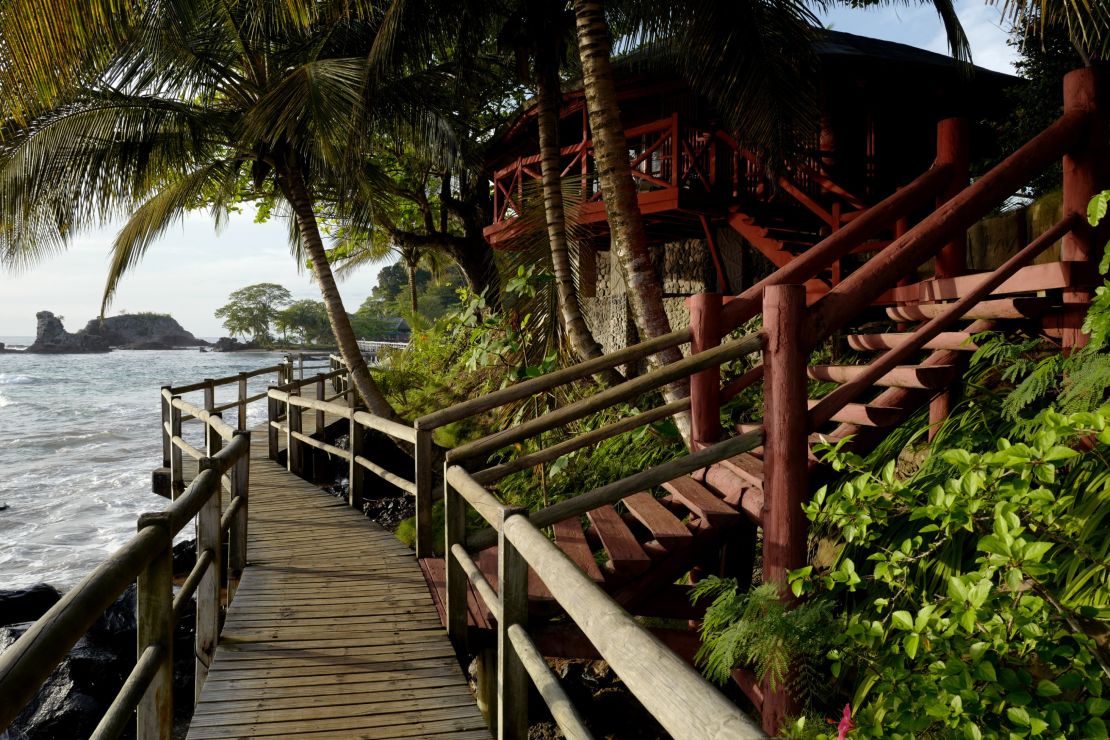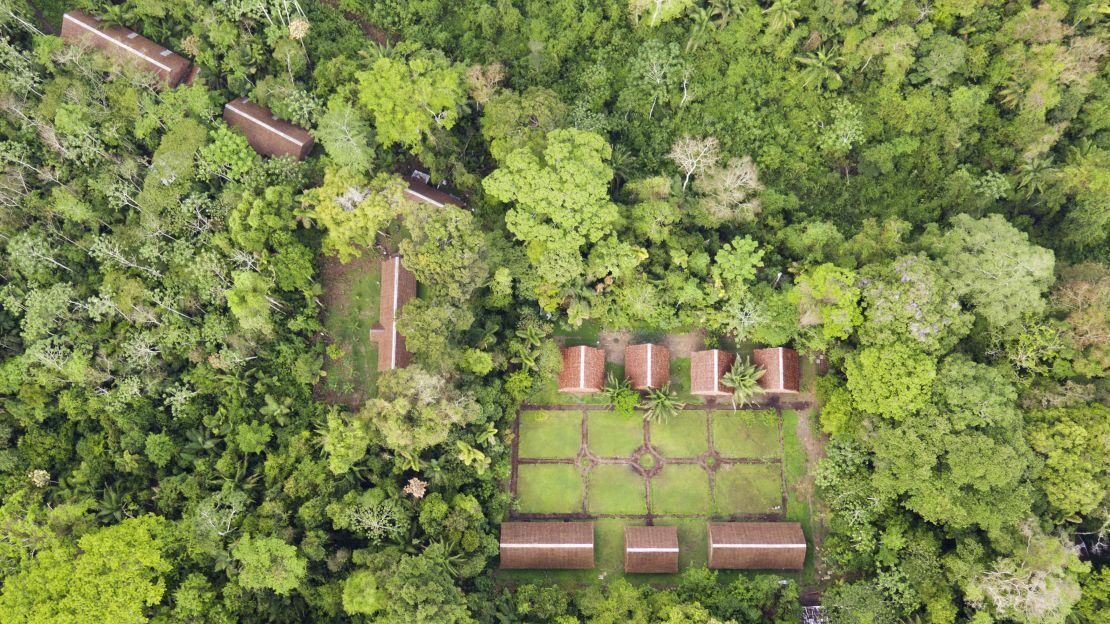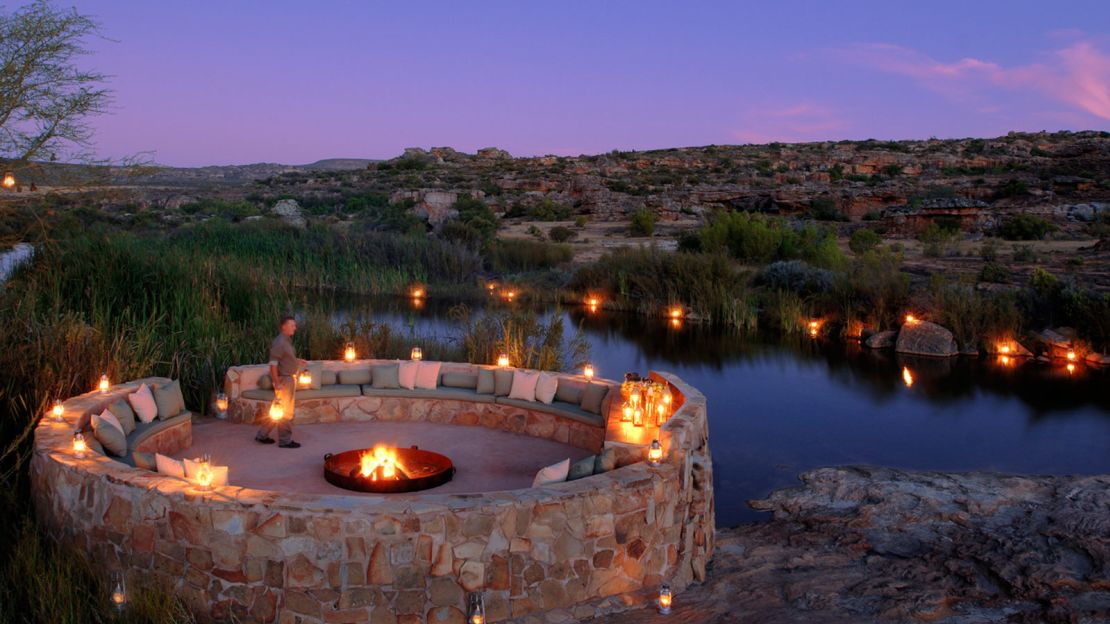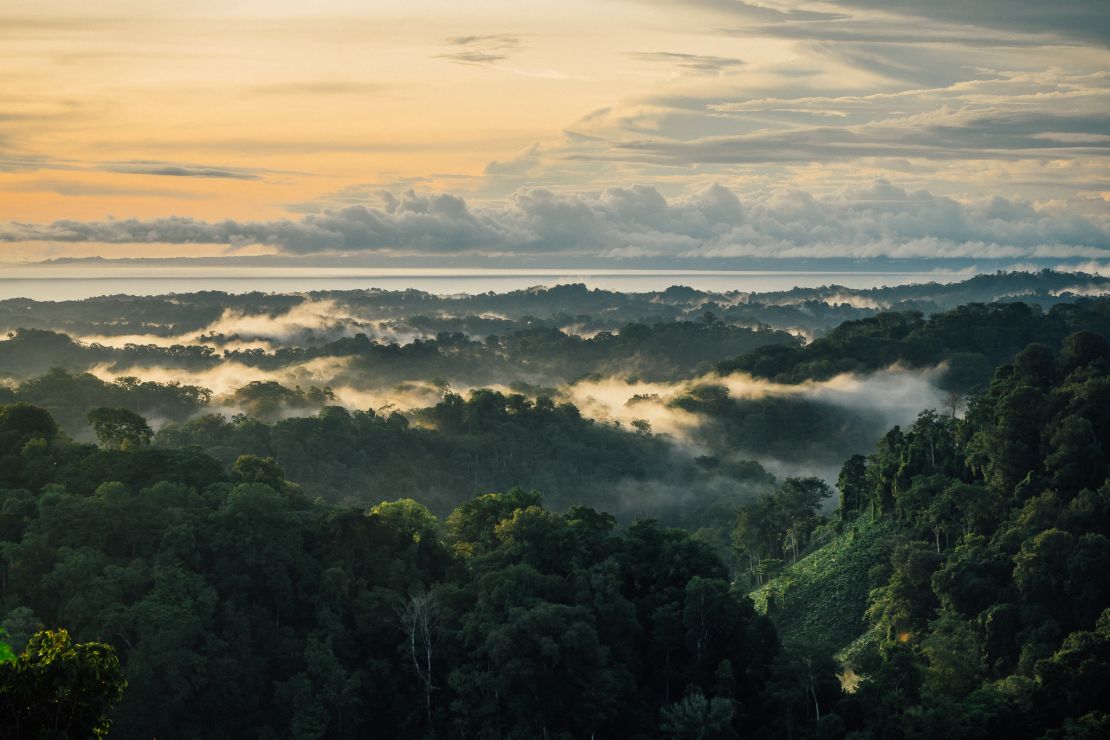Travelers are more socially and environmentally conscious than ever, seeking to get away safe in the knowledge they’ve had minimal impact on the planet’s resources.
With 2017 named as the United Nations’ International Year of Sustainable Tourism for Development, the spotlight is even more on the tourism and hospitality industry. While a lot of destinations claim to be doing their part to minimize their footprint, there are some who’ve striven to take sustainability to new levels.
Here are 10 of the best global destinations and experiences where vacations don’t cost the Earth:
1. Soneva Fushi, Maldives
Kunfunadhoo was a deserted island in the Indian Ocean idyll of the Maldives until Eva and Sonu Shivdasani built their first resort there, in the process pioneering the trend for environmentally responsible ultra-luxury holidays. If that sounds like a contradiction in terms, the castaway property has proven the doubters wrong and has been fully carbon neutral since 2014.
They recycle 90% of their waste, including 100% of food waste that’s used in their organic gardens, in turn reducing the cost of transporting food. Construction includes building blocks made from Styrofoam packaging, while all glass goes to their on-site studio where it’s turned into works of art. The solar-based system provides all daytime electricity needs and 100% of water used is desalinated.
Soneva – which today has a property in Thailand and a second in the Maldives – also led the way in implementing a mandatory 2% carbon levy on rooms to support their Soneva Foundation which works in developing regions on reforestation and renewable energy projects.
Soneva Fushi, Kunfunadhoo, Baa Atoll, Maldives; +960 660 0304
2. Bom Bom Resort, Sao Tome

Few destinations are as unvisited and untouched as Principe, the smaller of two main islands in the tiny country of Sao Tome and Principe, lying in the Gulf of Guinea off the west coast of Africa.
Only 5,000 people live there, and Bom Bom Resort comprises just 19 bungalows on the beach, surrounded by tropical forest.
World-class scuba diving and hiking in UNESCO Biosphere reserves, visiting cocoa plantations and fishing villages are on the agenda, while Africa’s smallest city, San Antonio, is also there to discover. For many, it’s also the draw of wildlife, from whales to nesting turtles, monkeys and especially birds found nowhere else on Earth.
3. eXtreme Hotel, Kite Beach, Cabarete, Dominican Republic
It’s perhaps unsurprising that one of the world’s kite surfing capitals – Cabarete in the Dominican Republic – is also home to a genuinely ecologically sustainable small hotel. Surfing and yoga, horse riding and hiking are literally on the doorstep for those not into kite surfing.
The property is 100% solar powered and purposefully not air-conditioned, but uses intelligent ventilation to make the most of the naturally windy beach to circulate cool air.
Rainwater collection systems are used to manage water consumption and an organic farm has 2,000 trees to further offset carbon emissions, in addition to providing local, seasonal produce. The hotel also aims to empower the local community through education, training and work opportunities for local Dominicans who number more than 70% of employees.
eXtreme Hotel, Kitebeach, 57000 Cabarete, Dominican Republic; +1809.571.0330
4. Inkaterra, Tampopata National Reserve, Peru

Peru’s remote Tampopata National Reserve is home to the Inkaterra Guides Field Station, formerly a research location and now open to travelers and volunteers from around the world.
The rainforest retreat leads conservation projects overseen by the not-for-profit Inkaterra Asociación (ITA) including the study of flora and fauna. Four cabanas with private terraces provide more comfortable accommodation than you may expect, while there are larger pavilions for shared living.
Wildlife-focused outings include a canopy walkway high above the forest floor, boat trips and visits to the Gamitana Model Farm, where ITA works in conjunction with local communities.
Inkaterra, Andalucía 174, Miraflores L18, Lima, Peru; +51 1 610 0400
Discover Peru’s Sacred Valley of the Incas
5. Best of Myanmar Tour, Intrepid Travel
Intrepid Travel promise big adventures to small groups, all under the umbrella of genuinely responsible travel. Their tour of the best Myanmar has to offer stresses that sustainable tourism is critical to preserve the relatively new and underdeveloped destination.
This means their Myanmar trip is fully carbon offset, to the tune of 577 kilograms per passenger.
They use local transportation and accommodation, including a stay at the country’s first community-based tourism project in Myaing where local villagers provide meals and activities, in a project run by ActionAid.
6. Bushmans Kloof Wilderness Reserve, South Africa

Bushmans Kloof Wilderness Reserve is an 18,000-acre wildlife reserve lodge 170 miles from Cape Town in the Cederberg Mountains. Conservation and working with communities are common threads among lodges across Africa, but they take it up a notch at Bushmans Kloof.
There’s waste water processing, sustainable organic farming and energy-saving initiatives, but it’s through protection and reintegration of endangered species that they’ve made their mark. Notably, the reserve is home to the Cape Mountain zebra, saved from the brink of extinction, while there are more than 130 rock-art sites, which are more than 10,000 years old.
Extensive community participation includes supporting schools, clinics, youth camps and even the refurbishment of a museum.
Bushmans Kloof, Clanwilliam, Cederberg Mountains, Western Cape; +27 21 437 9278
10 wellness retreats where you can clear your head
7. Turtle conservation, Kyrenia, North Cyprus
The northern coast of the Mediterranean island of Cyprus is largely unspoilt, with Alagadi Beach a particular draw for a special type of visitor – endangered green and loggerhead turtles.
It’s estimated that as few as 400 green and 2,000 loggerhead females breed in the entire Mediterranean, so conservation work by the Marine Turtle Research Group, led by Britain’s Exeter University, is critical.
Volunteers are welcome, primarily students from undergraduate to PhD level, but non-students are also accepted. It’s a long-term commitment – up to three months – and all volunteers need to contribute to cover food and accommodation. Given issues including habitat loss and climate change, the odds against young turtles making it to adulthood are as low as one in 1,000.
Cyprus Turtles; 5 Barbaros Sokak, Gonyelli, North Cyprus; +905488868684
8. The Osa Peninsula, Costa Rica

Costa Rica’s Osa Peninsula boasts an extraordinary claim as the “most biologically intense” place on the planet. That translates as 2.5% of the world’s biodiversity in an area half the size of Rhode Island.
Lokal Travel offer an eight-day exploration of the region, visiting three jungle communities and experiencing the cooperatives they’ve launched which have provided them sustainable ways to earn income.
Elsewhere, you can enjoy sunset horseback rides on remote beaches or canoeing in a private lagoon surrounded by 1,000 protected acres of pristine forest.
Explore new trails on Costa Rica’s Osa Peninsula
9. Yoga retreat in Oleiros, central Portugal
Far off the tourist trail in Oleiros in central Portugal is Yoga Holidays Portugal’s eco-yoga retreat where tuition and meditation go hand in hand with nature and simple living.
Accommodation is in Mongolian-style yurts that are distinctly “off-grid,” with solar reading lamps and hot water available as needed, and toilets of the eco-composting variety. Furniture is made from their own pine, olive and chestnut wood, while vegetable gardens and olive groves provide the majority of food. The nearby Zezere River provides crystal-clear waters for swimming.
Yoga Holidays Portugal, Ribeira Relvas, Madeira, Oleiros Portugal 6160-206; +351 961 228 729
10. The Emerald, Cornwall, England
The Emerald eco development in Cornwall in the southwest of England provides the UK’s only zero carbon tourist accommodation. In practice this means that they generate their own electricity, produce their own water, utilize recycled materials and recycle waste. They have also planted hundreds of native trees, reducing their energy consumption by over 90%.
Four high-spec houses clad in cedar offer amenities including private hot tubs, while there’s an indoor heated swimming pool, gym and play area. Five acres of woodland paths allow for exploration.
The Emerald, Chycowling, Quenchwell, Carnon Downs, Nr Truro, Cornwall, TR3 6LN; +44 (0)1326 555555
Chris Dwyer is a Hong Kong-based travel and food writer and communications consultant. Follow him on Twitter at @chrismdwyer or visit www.chrismdwyer.com
















